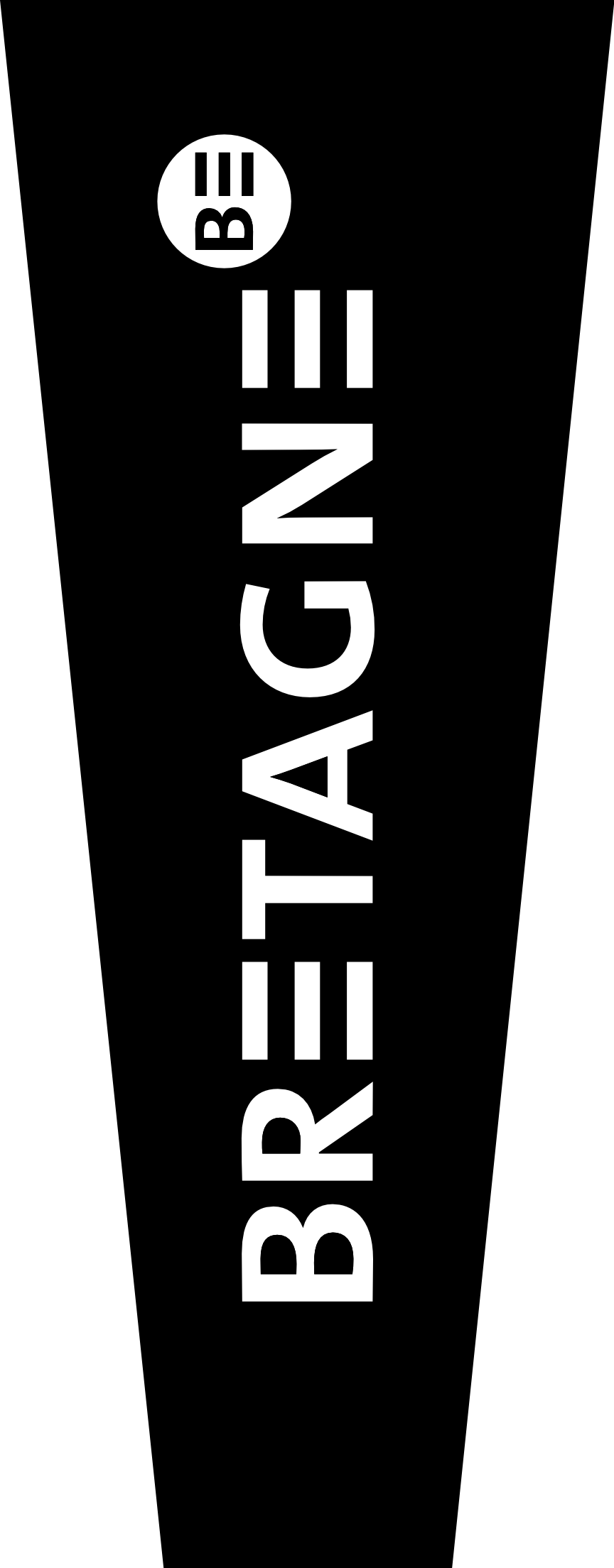

[SUSTAINABLE DEVELOPMENT WEEK] 🌱 Eureden makes a concrete commitment to sustainable development and chooses to index its funding to CSR criteria
Published on 02 October 2020
Less than a year after its birth, the agro-food cooperative group Eureden, born from the union of the d'aucy and Triskalia cooperatives, chose to index its financing to three social and environmental objectives
Less than a year after its birth, the agro-food cooperative group Eureden, born from the union of the d’aucy and Triskalia cooperatives, chose to index its financing to three social and environmental objectives :
● The health and safety of employees
● The development of alternative solutions to phytosanitary products
● The development of renewable energies
These objectives are part of Eureden’s CSR approach based on 5 pillars :
Since its creation last January, Eureden has implemented a number of concrete measures such as :
● The “Cultivate differently” approach which aims to reduce the use of phytosanitary
products)
● The improvement of animal welfare with, in particular, the end of caged hen
farming by 2025.
● The development of renewable energies
THE HEALTH CRISIS, ACCELERATING TRANSFORMATIONS
Eureden’s responsibility towards society (CSR) has been reinforced with the health crisis, which has forcefully reminded us of the meaning of its mission: to feed people well. A short-term responsibility first of all, in order to meet the immediate challenges of quality food production, maintaining employment while preserving the health of employees.
But there are other challenges: the transitions already underway will accelerate. With a preference for short distribution channels, the renewed vitality of Made in France, the development of organic food, and more generally, food that is regaining a place in French homes.
With the economic crisis looming, one of the major challenges for the group’s brands will be to remain accessible even as they embark with the entire group on a profound transformation that aims to preserve resources while offering better value for agricultural production.
CSR, A RESPONSE TO SOCIETAL CHALLENGES
To meet these societal challenges and contribute to the objectives of sustainable development, Eureden has built its CSR policy around 5 pillars:
● Co-operative, social engagement
● Diversified, sustainable agriculture
● Quality food for all
● Respect for the planet
● Regional development
These are not promises, but concrete solutions and useful actions for society and the planet. As proof, these five pillars are broken down into some fifteen performance indicators that will be monitored each year by an independent body, three of which are decisive for the financial terms of the new loan.
DEVELOPING A PLURAL AND SUSTAINABLE AGRICULTURE
Eureden is convinced that tomorrow’s agriculture will be plural and sustainable, to meet all consumer expectations.
LET’S CULTIVATE DIFFERENTLY
An illustration of this commitment is the “Growing differently” approach, which aims to experiment and develop alternative solutions to pesticides. The objective is to double the surface area cultivated with these solutions by 2025.
ENVIRONMENTAL CERTIFICATION
Eureden supports all the farmers in its cooperatives in their efforts to achieve environmental performance. The d’aucy charter and the 600 Paysan Breton farmers are certified at level 2 of environmental certification and now 8 farms are certified at the highest level: the High Environmental Value (HVE). A result that underlines the excellence of the work carried out by the farmer-cooperators and validates the group’s agro-ecological transition approach.
ANIMAL WELFARE
Animal welfare is also a priority for Eureden. An action plan covering 5 species (pork, laying hens, broiler poultry, cattle and dairy cows) is being drawn up to commit all the breeders to a process of progress. Concrete decisions have already been taken: the entire group will stop producing and using eggs from caged hens by 2025 at the latest. It will then be 100% of the farms that will be in alternative mode. To support this transition to alternative farming and this approach to animal welfare, Cocotine (a brand of the Eureden Egg branch) has developed a code 2 “animal welfare”. This is a hen farm with improved flooring that offers living conditions that are better adapted to the specific behaviors of the hens with, in particular, the establishment of a courtyard and enrichment of the environment (the hens’ environment must be rich in
stimuli and offer the opportunity to express a wide variety of behaviors). Code 2 “animal welfare” was developed with the NGO Welfarm, which is Eureden’s partner for poultry farming.
REDUCING THE ENVIRONMENTAL FOOTPRINT
Reducing the environmental footprint and conserving resources is a major challenge in all businesses.
ENERGY RECOVERY
At the canning plant in aucy de Locminé (56), thanks to a partnership with the Liger renewable energy center, more than 8,000 tons of organic matter (carrot peels, onions, potatoes, etc.) are recovered each year and, after methanation, are used to produce biogas, which in turn feeds the plant’s boiler as well as nearbysites such as the swimming pool and the college. Methanization also enables the production of biofuel. To support this production and develop alternative transportation, Eureden is investing with Liger and other local players in the creation of a network of bioGNV stations.
WATER PURIFICATION
Another major issue is water conservation. The canneries have treatment plants in order to reduce consumption. At the aucy du Faouët site (56), an ultrafiltration system is used to make the water potable.
70% of the water treated by the plant is thus reinjected into the river and 30% is reused to wash the vegetables.
REINFORCING AUTONOMY AND FOOD SECURITY
The health crisis has reminded us of the importance of food sovereignty. Eureden is also convinced of this and has been working for several years on the relocation of certain sectors. One example: the reintroduction of pulses and protein crops in Brittany (broad beans, protein peas,
soybeans, etc.), thanks to which we intend to reduce the proportion of soybean meal imported for animal nutrition.
Eureden has also joined forces with Tromelin Nutrition and Valorex to create the company SVP (Services de Valorisation des Protéines), which is committed in a concrete and viable way to the creation of the first
protein-rich vegetable production chain organized on a territorial basis. In addition to a better value for consumers, the development of these local channels contributes to reducing the carbon footprint and offering fair compensation to farmers involved in these quality channels.
THE LAND UNITES US
We have the responsibility to preserve the living, to preserve the earth that brings us together. Our ability to meet these challenges with all our stakeholders will enable us to anchor our economic performance on a sustainable basis. And that is the essence of our commitment and our approach to corporate social responsibility.
Download the press release
Did you like this news ?


